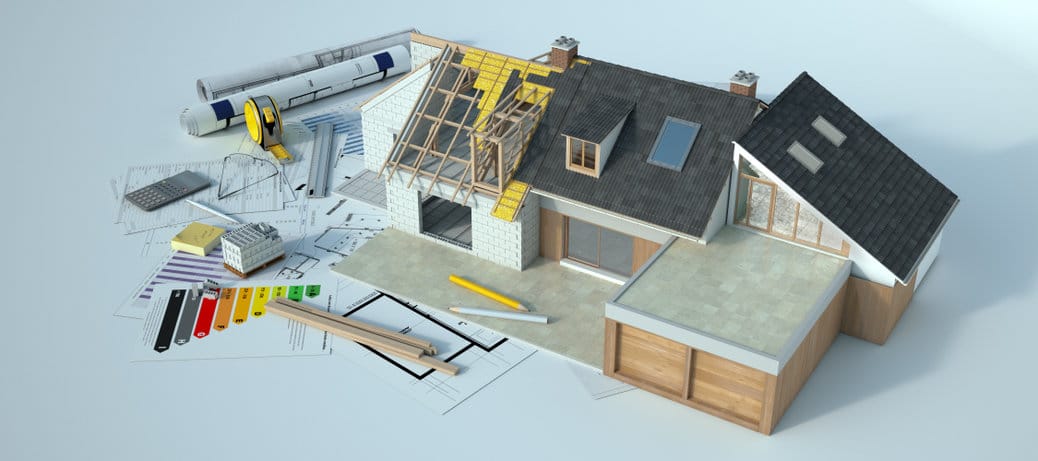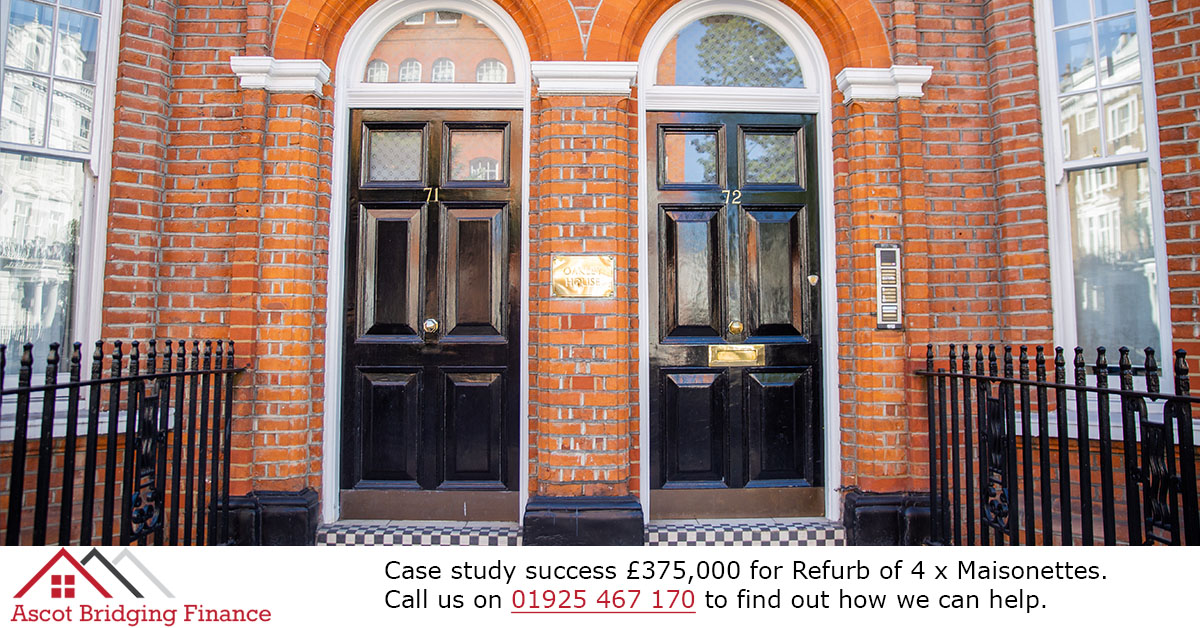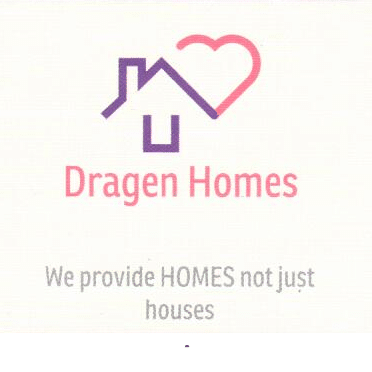A housing chain is where the person buying your house is dependent on selling their existing house. The worst case scenario, if you are involved in a housing chain, is when the buyer of your house has had a delay in selling their house and has decided to withdraw from purchasing your home Most people are dependent on the sale of their home to complete the purchase of a new one, which means there is always a risk of the deal falling through. According to Louisa Fletcher, writing in for the Daily Express in November 2017, one in three chain-based transactions fall through. One option is to keep the house you are selling, remortgage it, then rent it out, although you will have to pay an increased stamp duty of 3% for owning a second home, and rental income can be subject to tax. You could sell your home to an investor, who will likely purchase your house quickly, but typically they will only offer between 75% to 80% of the market value of the house. Another option is to take out a short-term bridging loan. This can provide the necessary funds to purchase a new property, and the loan can be repaid after an existing house has been sold. Interest is charged on the bridging loan and you need to be confident that the existing home will sell before the bridging loan period expires. If a housing chain breaks down, it’s an inconvenience, but it doesn’t necessarily mean that you will lose the chance to buy your new home.






